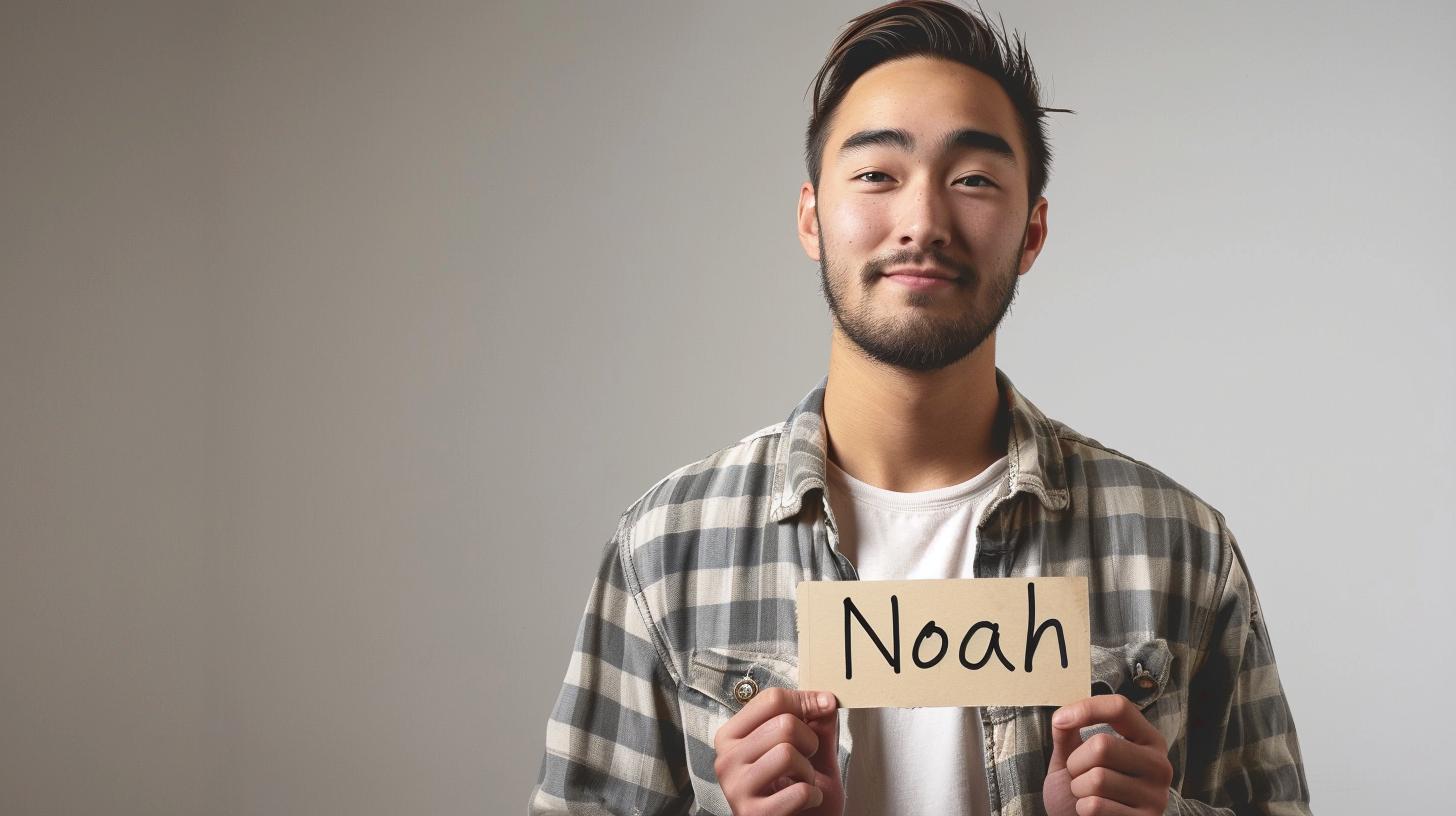Lisa’s story unveils a harrowing intersection between domestic abuse and international child custody law, highlighting the challenges faced by mothers fleeing abusive relationships but caught within the rigid framework of the Hague Convention.
Lisa fled Australia with her child to escape an abusive ex-partner, an act she viewed as protecting herself and her child from harm. However, under the terms of the Hague Convention on the Civil Aspects of International Child Abduction, which governs cross-border custody disputes, this act is considered wrongful removal or abduction of a child. The Convention aims to ensure the prompt return of children wrongfully taken from their country of habitual residence, originally conceived to address cases where non-custodial parents, typically fathers, removed children abroad without permission.
In Lisa’s case, despite providing compelling evidence of abuse—including photographs of injuries and messages demonstrating her ex-partner’s violent behaviour—the court ordered her to return to Australia with her child. The Convention allows refusal of a return order only under narrow conditions: if the other parent did not have custody or consented to the move, or if returning the child would involve a “grave risk” of harm or place them in an “intolerable situation.” In practice, meeting this standard proves difficult, often requiring credible threats of extreme outcomes like suicide.
The court’s decision illustrates how the Convention, now nearly 40 years old, can fail to adequately consider the full circumstances of domestic abuse. Lisa had hoped the court would consider her evidence seriously and protect her and her child’s welfare, but instead, the legal focus remained narrowly fixed on the “wrongful removal” clause. The legal framework effectively prioritises the procedural aspect of child return over broader welfare concerns.
Following the ruling, Lisa’s ex-partner provided undertakings—promises to support financially, provide accommodation, drop criminal charges, and withdraw his custody application. However, after their return to Australia, these assurances were not honoured. Lisa was arrested, faced criminal and family court battles, and confronted uncertainty about her immigration status, amplifying the perilous situation from which she had initially fled.
Lisa’s breakdown outside the courtroom poignantly illustrates the profound personal toll these legal processes exact on mothers seeking safety for themselves and their children. The stark contrast was evident: while Lisa endured profound trauma and loss of hope, her ex-partner secured legal success through paperwork and legal representation, often funded by legal aid provisions favouring the applicant in child abduction cases.
This case underscores concerns that the Hague Convention, while designed to swiftly resolve international child custody disputes, may be weaponised in ways that jeopardise the safety of vulnerable women and children. It exposes significant gaps in how abuse is factored into judicial decisions and raises questions about the adequacy of protections available once mother and child have been ordered returned.
The ongoing legal struggles Lisa faces upon returning reveal a dire lack of support mechanisms post-return for those ordered back into potentially harmful environments. Her story was detailed in the context of the forthcoming book, “He Said, She Said: Truth, Trauma and the Struggle for Justice in Family Court,” published by William & Norgate, which explores the complexities of family court struggles, trauma, and the pursuit of justice.
By examining Lisa’s experience, the reportage sheds light on the challenges faced by many in similar circumstances under an international system that has retained an outdated legal framework, emphasising procedural correctness over nuanced, protective responses to the realities of domestic abuse.
Source: Noah Wire Services
